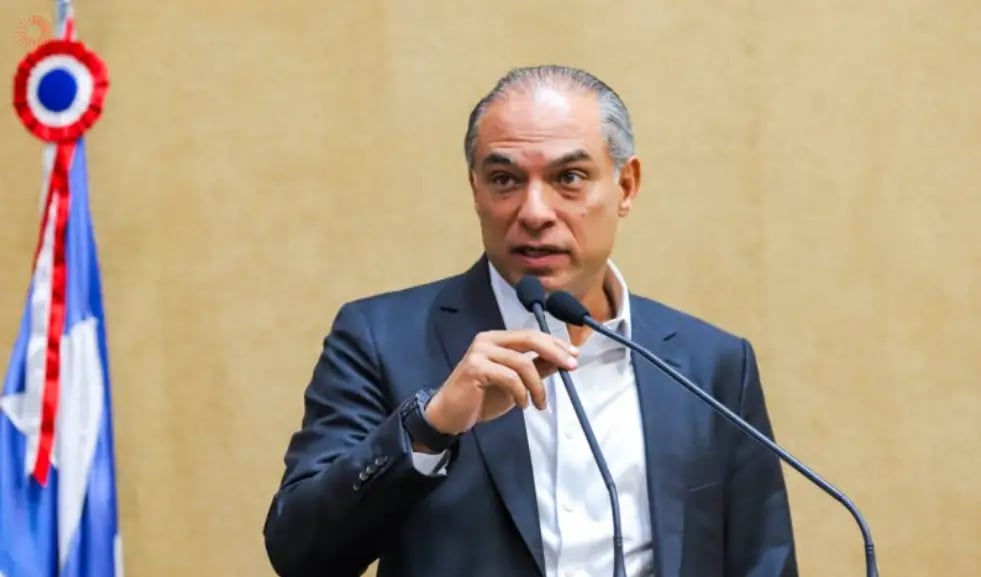Brazil’s Congress is discussing a proposal for income tax reform. Backed by the Luiz Inácio Lula da Silva administration, the bill seeks to make the country’s tax system more progressive.
The core of the proposal is an expansion of income tax exemptions to Brazilians earning up to BRL 5,000 a month (USD 940). To offset the fiscal impact of that change, the bill also imposes a minimum effective tax rate on the wealthy and reinstates a tax on dividends.
The government first introduced the reform proposal earlier this year. President Lula hopes to make the changes part of his platform for 2026’s general election, when he will seek a record non-consecutive fourth term. For months, the bill stalled in the House, but public outcry over Congress’ recent self-serving push has given it new momentum.
The government does not have the luxury of waiting much longer for approval, as some of the bill’s provisions have a grace period in order to come into effect next year.
Brazil’s tax system is notoriously complex and unequal, given its regressive nature and reliance on indirect taxes. A large consumer tax reform approved in 2023 is currently combining various state and local levies into two value-added taxes, which is expected to make the system much more straightforward.
However, tackling its regressive nature is a challenge that is yet to be taken on by any government. The proposed shifts in income taxation would be only a first step in that direction.
Previous research has shown that Brazil’s effective income tax rate drops significantly as you climb the income ladder, with millionaires effectively paying a similar tax rate to workers who earn infinitely less.
And now, a new study by the EU Tax Observatory, an independent research lab at the Paris School of Economics, conducted alongside Brazil’s Federal Revenue Service, is shedding more light on the inner workings of that system by covering a wider range of taxes. By diving into droves of anonymized microdata made available by the Brazilian tax authorities, a group of economists unearthed new insights on Brazil’s tax and income discrepancies.
Our guest this week is Davi Bhering. He is coauthor of the study and a PhD candidate at the Paris School of Economics. In this conversation, he unpacks:
Why Brazil’s income inequality may be higher than previously estimated
The mechanisms that make the country’s tax system fuel discrepancies
How the Brazilian system’s regressivity compares to other countries
Why the study’s findings may indicate global inequality is higher than anticipated










